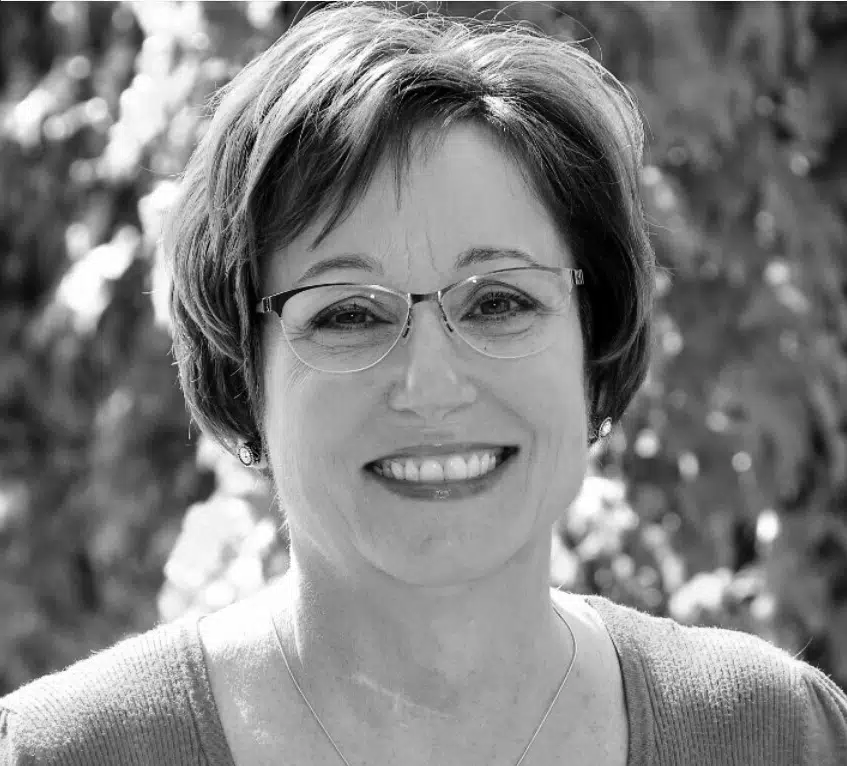Wine Industry Career Series Effective Resume Guide

Your resume should be more than a historical timeline of past positions and unrelated skills. It’s a reflection of you, an insight into who you are, and what relevant qualifications you hold. Don’t make a prospective employer dig through endless paragraphs to find a few nuggets valuable to the job they are trying to fill. Tell them upfront why you’re the right person for the job.
Before you write your resume, find a few listings for the type of wine job you want (click here for job search tips). Use these job descriptions to compile a list of common responsibilities and qualification requirements so you have a clear picture of what most employers are looking for in a candidate. Then, match your work experiences, knowledge, and skills to as many of those items as possible. Even without wine experience, you might be surprised to find that many of your skills match those of the jobs you want. Use this information to connect the dots for a prospective employer.
Here is an easy-to-use outline that will grab the attention of a prospective employer.
Profile
Write a two- to four-sentence introduction stating who you are and what you want to do. Highlight a few key skills or accomplishments that translate to the job you are applying for. Complete the exercise below, and you’ll get the idea. Example:
I am an experienced hospitality professional with a successful track record of exceptional service and relationship building. I hold my WSET Level 1 and am currently enrolled for Level 2. My desire is to apply my passion for wine working for a dynamic Wine Company where I can use my wine knowledge and people skills to exceed expectations and contribute to the success of the team and company.
Skills & Attributes
Think about what you are really good at and make a brief list using bullet points. Your list should complement the job you are seeking whenever possible. Start with wine credentials and then add skills such as sales growth, presentation expertise, excellent communicator, highly organized, and others. Attributes you might possess, such as being a successful leader, a solid team player, or bi-lingual, etc. You can divide this list into two columns to save space.
Work History & Experience
- List jobs from newest to oldest or most relevant to least
- Focus on relevant activities and experience using the job descriptions you found earlier
- Keep it brief and make it relevant—Don’t just say what you did. Say what you accomplished.
- Condense older jobs and experience into an “Additional Experience” category and remember, it’s okay to leave off some older jobs if they aren’t relevant.
- Example:
- Server, Fresh Catch Seafood Grille, Manhattan Beach, CA (June 2010 to present)
- Delivered exceptional service resulting in a loyal following of customers who ask for me by name
- Generated high check averages applying my knowledge of the menu and wine list
- Received excellent reviews from managers and teammates for my commitment to helping others on my team
- Additional Experience
- Sales Associate at Macy’s Department Store (2007 to 2010)
- Lifeguard at local pool (2003 to 2007)
Education & Credentials (in this order, if applicable)
- Wine school affiliation
- Higher education and/or trade schools
- Other credentials
- One or two volunteer roles
Personal Interests (only if they add relevance, otherwise skip this)
References available upon request
- Add references to the bottom of your resume if you have room while keeping the resume to two pages or have a separate list with you for the interview
A few more do’s and don’ts:
- DO use an easy-to-read font and common language, but avoid acronyms
- DO use bold, underline, caps and color sparingly
- DO be creative, but don’t get carried away
- DO provide hyperlinks to your LinkedIn profile any relevant articles, posts, research or blogs you’ve authored
- DON’T make it longer than two pages
- DON’T include your picture
- DON’T call attention to any shortcomings you think you may have
Go on, get started revving up your resume; remember, this is about your future. Take time to consider what you want and how you want to portray yourself. Remember, you own the narrative. Tell your story well and find the wine job of your dreams.
For one-on-one career coaching with Karen Wetzel directly click here. And be sure to check out Wine, Work & Passion, the podcast where we inspire you to make a career out of your passion for wine. Available on the Apple Podcast app or wherever you listen to podcasts.
Karen Wetzel is an employee of the Napa Valley Wine Academy. The views expressed in this article are hers alone and may not reflect the views of the Napa Valley Wine Academy.



